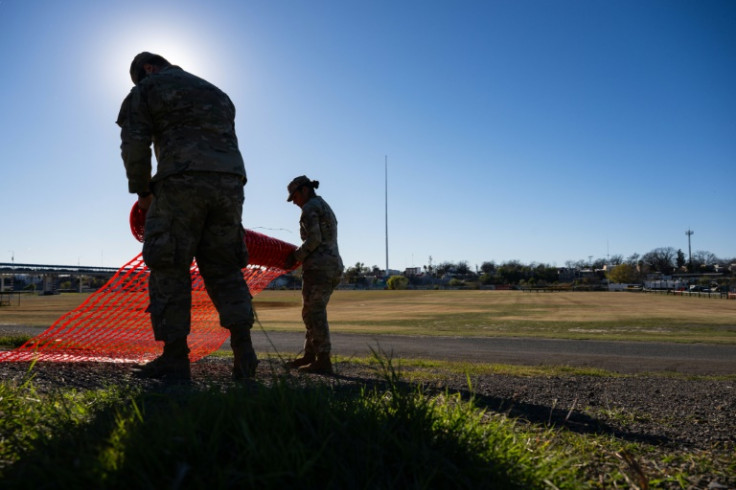
With Election Day approaching, former advisers to Donald Trump have issued warnings about his history of pushing for military intervention in domestic matters, urging Americans to consider the potential implications of his return to the presidency. During nationwide protests following George Floyd's death in June 2020, Trump reportedly pressed for 10,000 troops to deploy to Washington, D.C., aiming to prevent any perception of weakness.
Sources told The Washington Post that the number seemed arbitrary but underscored Trump's intent to project authority amid civil unrest. Trump's directive led Pentagon officials to propose alternatives to deploying active-duty soldiers. They suggested supplementing federal police with National Guard troops and deploying a limited number of soldiers from the 3rd U.S. Infantry Regiment and the 82nd Airborne Division. Ultimately, active-duty soldiers were stationed near Washington but did not enter the city, as Trump refrained from issuing a final order. One source told, "He wanted to do it. He was suggestive of it," adding, "But he knows that if he gives the order, he owns it."
This wasn't Trump's only attempt to deploy the military domestically, the outlet reported. In 2018, he sent active-duty troops to the U.S.-Mexico border, where their role was mostly limited to installing razor wire. He also requested military hardware for a Pennsylvania Avenue parade, which ultimately became an air show. During one Oval Office meeting that year, Trump reportedly said, "Let's just send the troops in to catch them!" as described by an attendee.
John Kelly, Trump's former chief of staff, has since spoken critically of Trump's approach to military matters, calling him "fascist" during an interview with The New York Times and stating that Trump expected personal loyalty from military leaders. "The fear is he will tell them to do something illegal," Kelly told The Washington Post.
As Trump campaigns to return to the White House, he has openly expressed regret over not using military force during previous incidents of civil unrest. Trump has described this as one of his top unfulfilled goals and has signaled he would not hesitate to take such action if elected again. His allies have even outlined plans to invoke emergency powers under the Insurrection Act of 1807.
In a campaign speech on March 13, 2023, in Davenport, Iowa, Trump stated, "The next time, I'm not waiting." Later, in an October 13 interview with Fox News, he indicated that the military could be used against groups he considers domestic adversaries, including congressional Democrats and election protesters, whom he labeled "the enemy from within." His campaign did not respond to requests from The Washington Post for comment.
Vice President Kamala Harris, responding to Kelly's statements, called Trump a "fascist" and argued that Trump's approach represents a threat to stability, underscoring his authoritarian tendencies. Harris warned that a second Trump administration might lack the internal checks that previously curbed his impulses.
John Kelly and others have voiced concerns that Trump may seek to use the military to assist in detaining undocumented immigrants. Trump adviser Stephen Miller has proposed holding migrants on military bases and deporting them via military aircraft—ideas that Pentagon officials resisted during Trump's first term.
Trump's former national security advisers have noted his frustration with the Defense Department's resistance to his requests, particularly concerning the National Guard and the Insurrection Act. "The idea of using the military to protect the border was on his own mind," said John Bolton, Trump's former national security adviser.
Charles Kupperman, a former deputy national security adviser, described Trump's ideal military leaders as "generals who are going to perform at his beck and call." In a recent viral video, retired Major General Paul Eaton called on prominent retired generals to publicly denounce Trump, citing his perceived authoritarian inclinations. "We need those two men, who swore an oath to protect and defend the Constitution against all enemies of the United States, foreign and domestic, to come out and state exactly how they feel about former President Trump," said Eaton.
However, political scientists like Peter Feaver from Duke University caution that political actions by retired military leaders could affect the credibility of future military leaders under a possible Trump administration. "The more political they are, the more that Trump will distrust everyone who worked with them."
© 2024 Latin Times. All rights reserved. Do not reproduce without permission.







